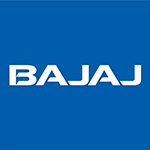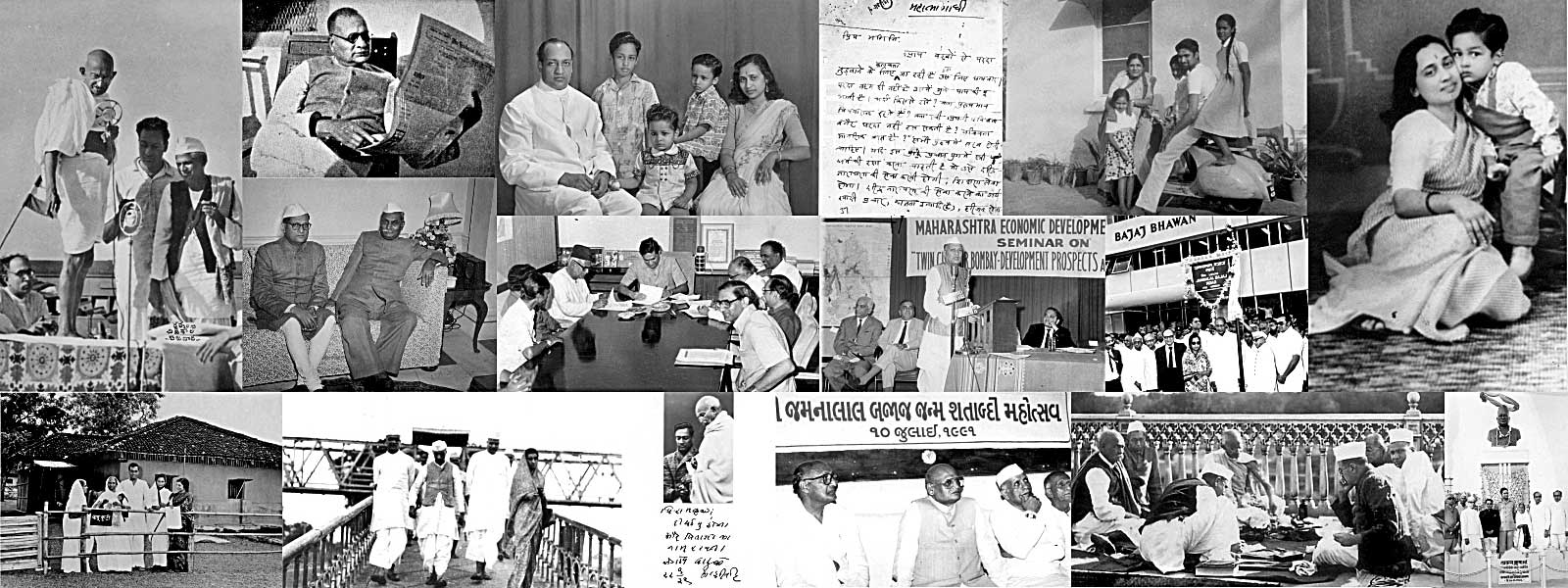For the Bajaj family, setting up an archive was the first step towards several aims. It has been an attempt to harness their history, in order to thoughtfully use it. The archive is centred around eight key personalities – Jamnalal Bajaj, Jankidevi Bajaj, Kamanayan Bajaj, Ramkrisha Bajaj, Rahul Bajaj, Shekhar Bajaj, Madhur Bajaj and Niraj Bajaj. The older personalities laid the foundations for the family’s core values, as well as the business group that stands tall today.
By holding their histories, the Bajaj Heritage is already a powerful knowledge bank, and resource centre – bursting with the potential, waiting to be tapped into by employees and management of the numerous Bajaj companies. But businesses need not be the only beneficiaries. The archival material housed here is relevant to a wider audience, and will eventually be accessible to people within, and outside the organisation. This unique repository of information on the freedom struggle, Gandhian ideology and institutions, as well as business history. could attract visitors and researchers interested in these areas, and more.
The most pressing of the aims however, was to tell their story. The older generation grew up surrounded by stories of the family’s history – their involvement in the freedom struggle, the institutions they established, the values they believed in. For future generations to retain their link with these stories, this heritage – it was imperative that the Bajaj Heritage come into existence.









